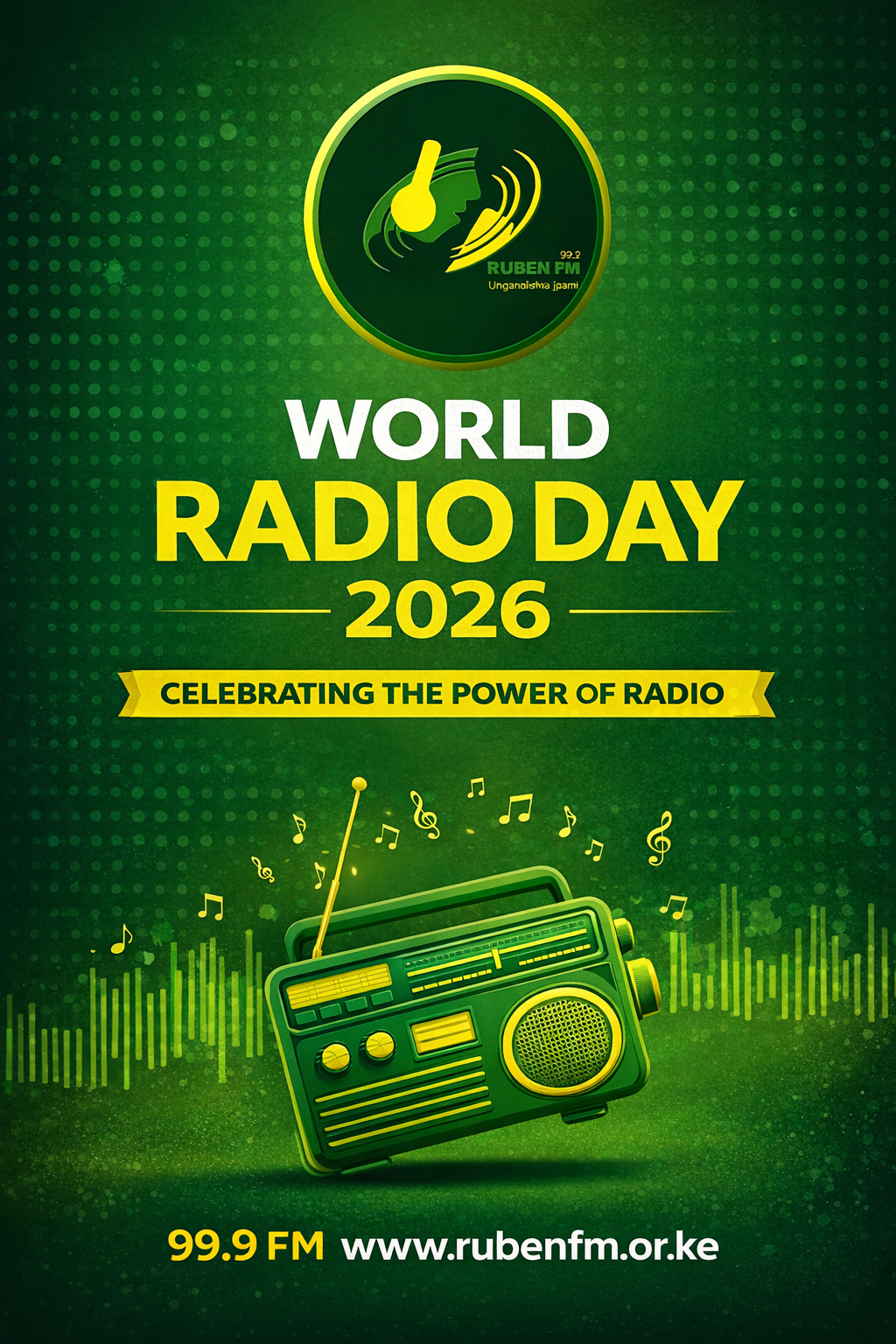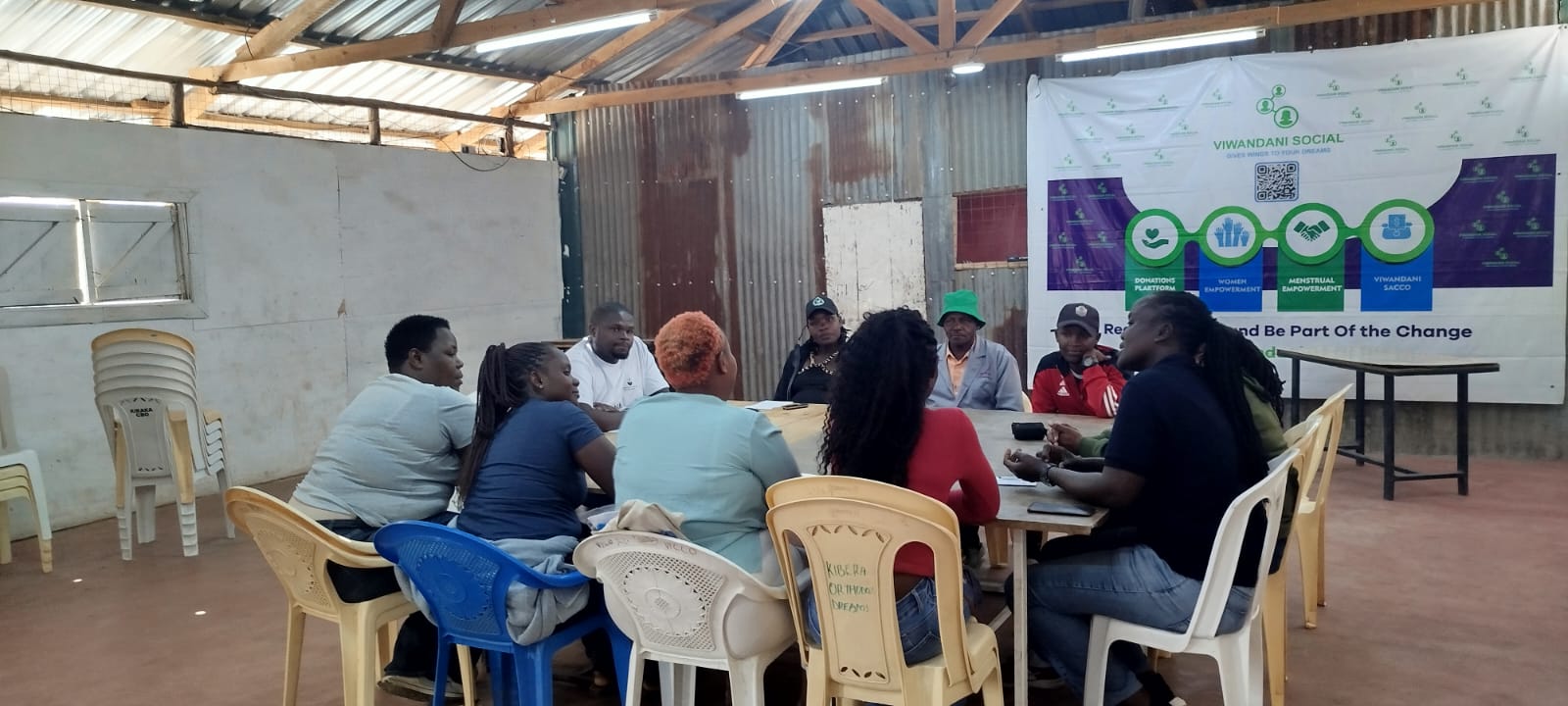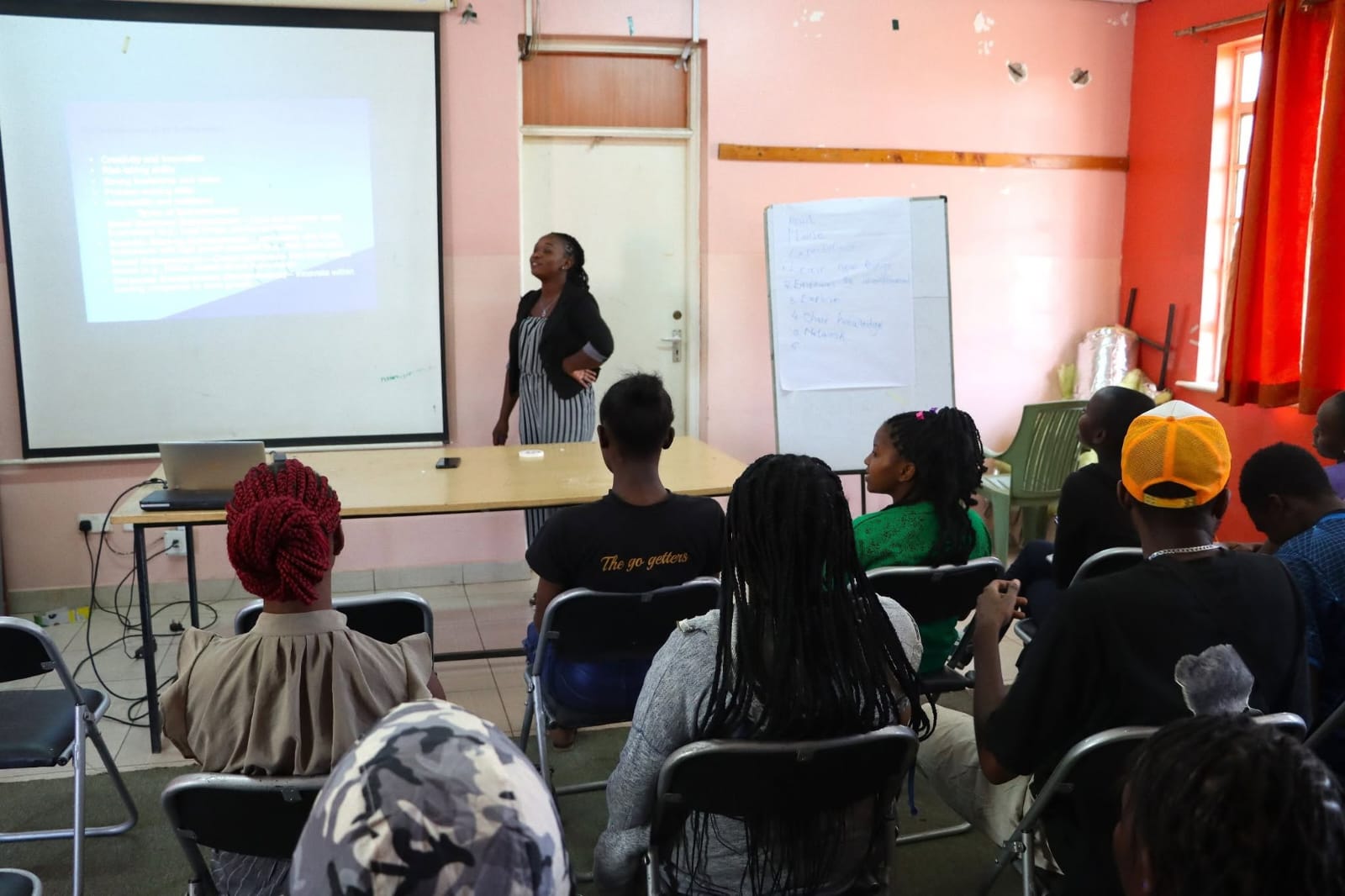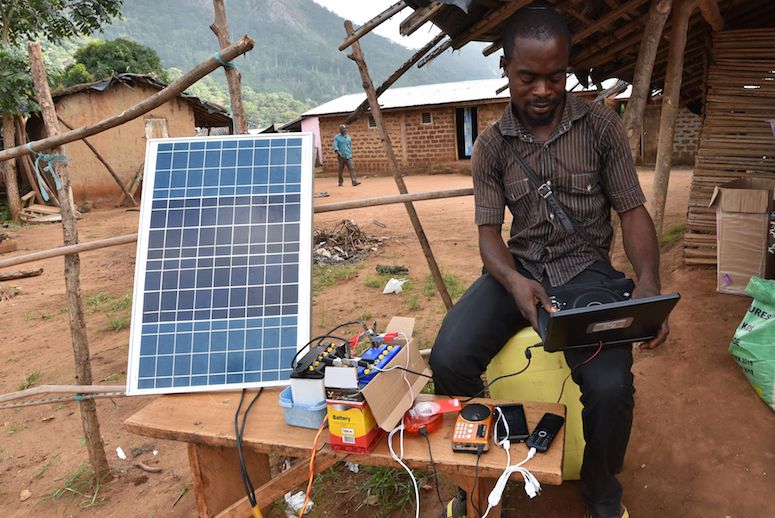FALSE: Photo does not show the drought situation in Embolioi, Kajiado County, in October 2022
FALSE: This video is not of a building collapsing during South Africa’s Cape storm
The video is of a three-storey building collapsing in Ghana.

This Facebook post with a video purportedly of a building collapsing during South Africa’s Cape storm is FALSE.
The post reads, “Building collapsed in South Africa due to Cape Storm.”
A level 9 orange warning was issued by the South African Weather Service for the Western Cape before heavy rain rocked the country in late September 2023, causing devastating floods that killed 11 people and destroyed roads and other infrastructure.
The video in question is, however, unrelated to the flooding in South Africa.
Separating the video’s keyframes on InVid-WeVerify, a video verification tool, followed by a Google reverse image search, established that the video was recorded in Ghana.
An image from the video in question was featured in an article by Ghanaian Times dated 25 September 2023 with the headline, “Uncompleted 3-storey building collapses at Ofankor.”
According to the article, the three-storey building under construction was at Ofankor Market, near Asofan in Accra, and “no one was trapped in uncompleted building.”
In a similar context, the video was featured in a news bulletin on 24 September 2023.
The video’s title reads, “Ofankor Building Collapse: Occupants of a three-story building narrowly escape death.”
Ghana’s local media outlets reported that the government’s Engineering Council was investigating the cause of the building’s collapse.
PesaCheck has looked into a Facebook post with a video purportedly of a building collapsing during South Africa’s Cape Storm and finds it to be FALSE.
This post is part of an ongoing series of PesaCheck fact-checks examining content marked as potential misinformation on Facebook and other social media platforms.
By partnering with Facebook and similar social media platforms, third-party fact-checking organisations like PesaCheck are helping to sort fact from fiction. We do this by giving the public deeper insight and context to posts they see in their social media feeds.
Have you spotted what you think is fake or false information on Facebook? Here’s how you can report. And, here’s more information on PesaCheck’s methodology for fact-checking questionable content.
This fact-check was written by PesaCheck Fact-Checker Peris Gachahi and edited by PesaCheck Senior Copy Editor Cédrick Irakoze.
The article was approved for publication by PesaCheck managing editor Doreen Wainainah.
PesaCheck is East Africa’s first public finance fact-checking initiative. It was co-founded by Catherine Gicheru and Justin Arenstein, and is being incubated by the continent’s largest civic technology and data journalism accelerator: Code for Africa. It seeks to help the public separate fact from fiction in public pronouncements about the numbers that shape our world, with a special emphasis on pronouncements about public finances that shape government’s delivery of Sustainable Development Goals (SDG) public services, such as healthcare, rural development and access to water / sanitation. PesaCheck also tests the accuracy of media reportage. To find out more about the project, visit pesacheck.org.
PesaCheck is an initiative of Code for Africa, through its innovateAFRICA fund, with support from Deutsche Welle Akademie, in partnership with a coalition of local African media and other civic watchdog organisations.







